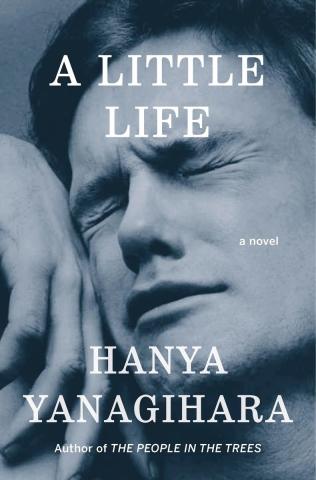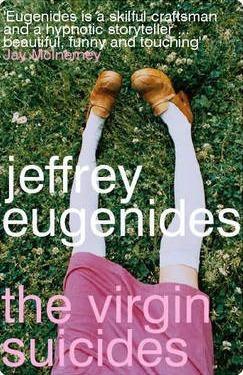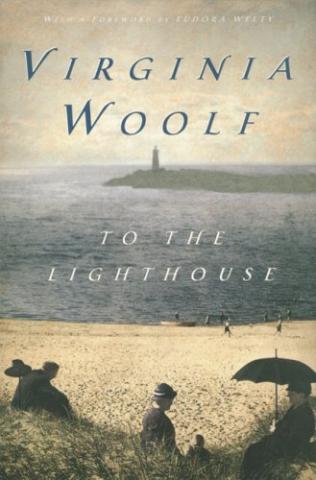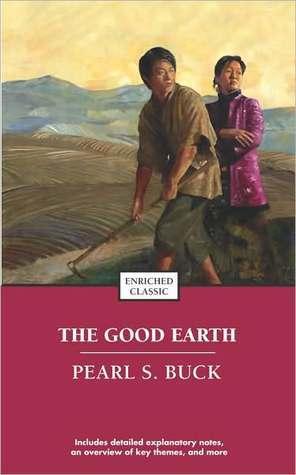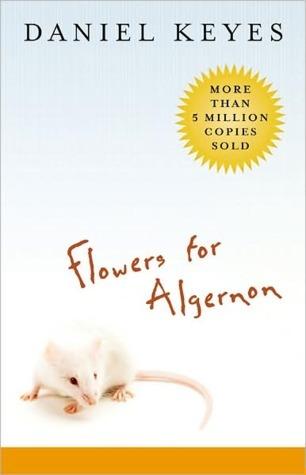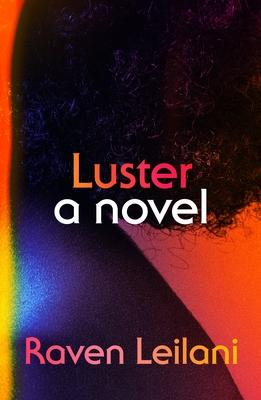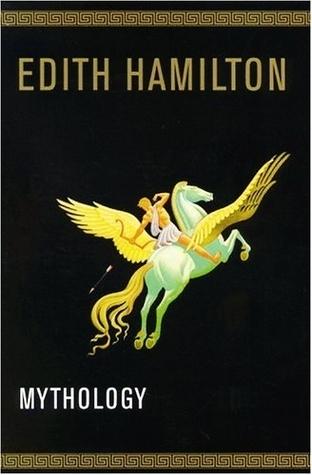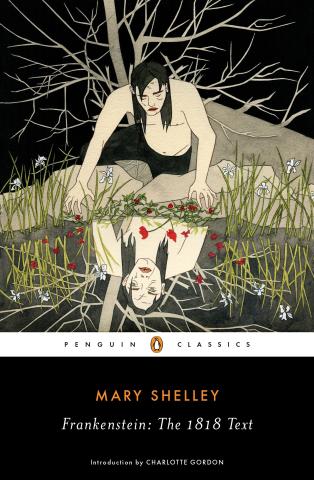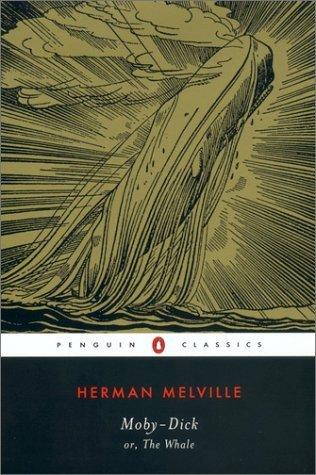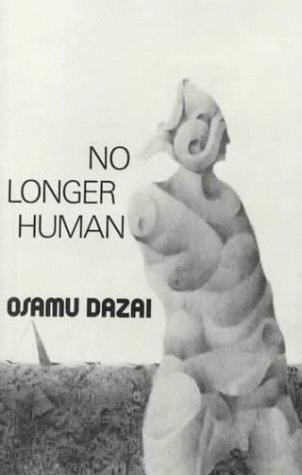The Virgin Suicides is the elegy of the Lisbon girls, from the perspectives of the neighbors that are still haunted by them. The Lisbon family lives on a quaint suburban street in the Sun Belt, drenched in sunlight and white-washed shingles. Then one year, every Lisbon girl, starting with Cecilia and ending with Mary, commits suicide. This book is the observations and meditations of the boys across the street, the ones who loved them, who obsessed over them, who objectified them, and who watched them die one by one. The girls are doomed from the opening lines. The only question that remains is why they did it, and why our narrators can't let them go.
I read this book because I was told it was a staple of dark academia. It is not, no one here likes school. In reality, it is a treatise on girlhood, in all its insubstantial suffering. The first thing that struck me was the way the author sets the mood immediately. The entire book is dripping with malaise, the suffocating nature of sisterhood and parenthood on full display whenever the Lisbon house is described. The brief gasps of outside life are bright and crisp, while the references to the current day, middle-age life of the narrators is sad and listless. I wouldn't say this book is pleasant to read, but it is gripping in its complete commitment to its mood and setting. On that note, the choice of the author to tell the story entirely from outside perspectives was fascinating. The narrator is only described as "we", as the group of neighborhood boys who obsess over the girls in both childhood and adulthood. One conflict in the book is wondering if we are meant to sympathize with the boys who are scarred from the suicides, or see them as a commentary on the ways that the world seeks to capture and define teenage girls. I ended up seeing it as the latter, which likely made me view this book in better light than many of my peers. The boys actions always have an air of perversion about them, and at the end they seem to realize that all their breaches of privacy and decency have brought them no closer to understanding the girls. Another thing I liked about this book is the way that the girls are given a kind of privacy of thought from the narrators and the readers. Every attempt at scrutinizing their reasoning or emotions or motivations is always followed by a caveat. Nothing is certain with the Lisbon sisters, just the way nothing is every certain when we view the actions of others. The unknowability of their tight knit group gives them a dignity that their neighbors and community seem to want to violate constantly. This book is also a clear censure of suburbia. The neighbors try to do their best to help when they can, but still grumble amongst themselves about the Lisbon family leaving the leaves in their yard the fall after their youngest commits suicide. The great debutante balls and dances of the south are in full swing, but there is an undercurrent of corruption and distortion to the dancing and dating. The sexualization of the girls is also rampant, which, again, makes the book a lot harder to enjoy if you don't see it as a choice by the author in order to comment on it. In short, the suicide of the girls seems like a catharsis, a response to the disgusting and decaying world around them. Everyone around them represses their emotions, from their parents to the boys enraptured by them to their teachers to their peers. They are the only ones who get to set something free. The juxtaposition of the wailing EMTs to the quaint, straining neighborhood further demonstrates their freedom, even in their death.
This book did have problems. A lot of stuff is uncomfortable to read, even if viewed as a deliberate choice. The story often takes winding tangents that serve little purpose besides demonstrating the boredom and trivialities of suburban life. Still, the book is still a fantastic meditation on what its like to be a teenage girl, in all the wonderful and ghastly ways. I would recommend this book to anyone who is looking for good setting, shocking stories, and a good mystery to carry with them!
Reviewer Grade: 12
